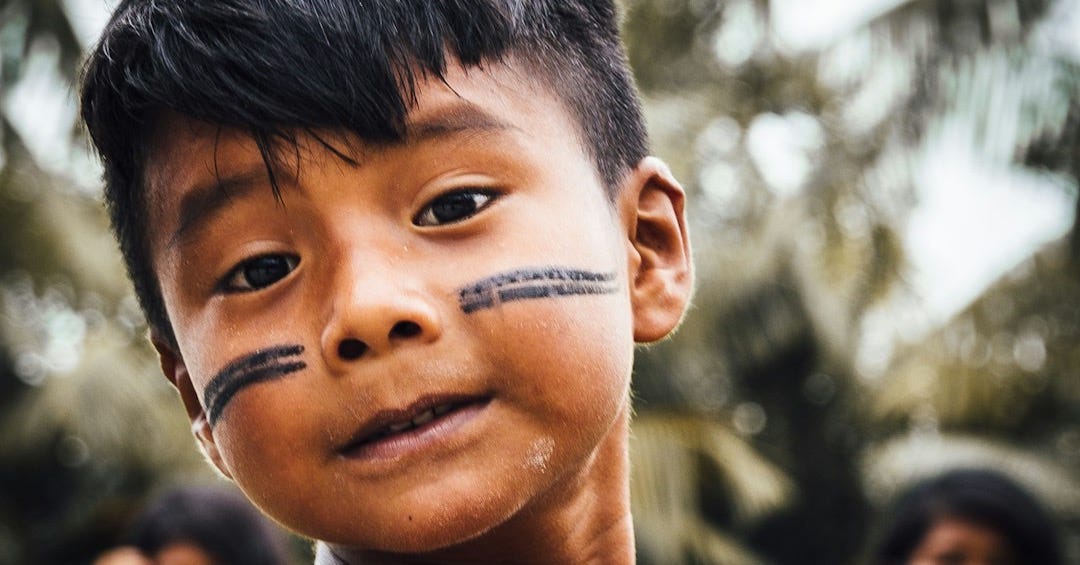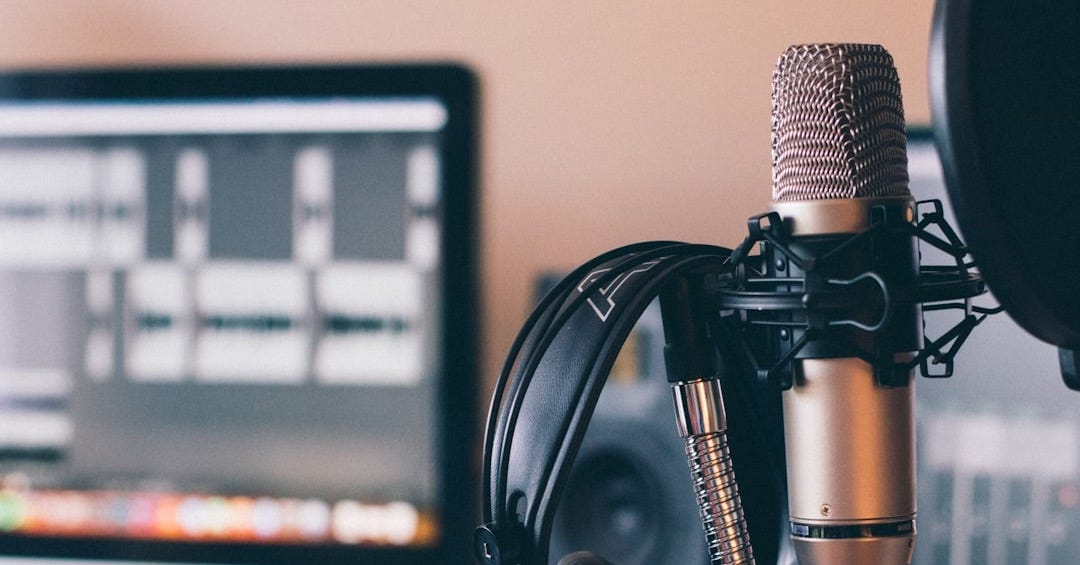El Boletin #3: Gracias por la música
Spanish from rural Paraguay to Sweden's biggest pop export
Happy Saturday everyone! We hope you’ve had a good week and you’re enjoying a relaxing, well-earned cup of coffee - always the best accompaniment for El Boletin.
This week we’re exploring the emotional phases of language learning with an article from Babbel, and enjoying the Spanish versions of ABBA classics with their 1980s album Gracias por la música. We also dive into the seven myths of Paraguayan rural Guarani culture. Finally, we’re delighted to introduce a new community section where one subscriber each week shares their Spanish journey, hints and tips - thanks to Declan for going first!
Que disfrutéis!
- Gareth
Curated reading: Las fases emocionales del aprendizaje de un idioma, Babbel

I posted a note a few weeks back about how learning Spanish feels to me: like an adventurer exploring an uncharted world, with areas of the map slowly coming into view as my grammar ability and vocabulary expands. So I was pleased this week to come across Babbel’s article on the different emotions involved in the language learning journey.
Most other outlines of language acquisition tend to focus on the cognitive stages involved - and while that’s fascinating from an academic perspective, it often misses the fact that language learning is as much of an emotional journey as an intellectual one. You’ve got to have the resilience to work through emotions of frustration, boredom, a feeling of a lack of progress, and sudden realisations of how much you’ve still got to learn - to arrive at the joys and sense of accomplishment that come with your first conversations and eventual fluency.
As always, our glossary is here to be read alongside the text. But we’d also love to hear your views - do you agree with Babbel’s assessment? How does learning Spanish feel to you, and what have been your highs and lows? Share in the comments below.
Curated listening: Conociéndome, Conociéndote, ABBA

As experienced, intelligent (and stunningly good-looking) Spanish learners, you’ll no doubt know that listening to music can be a fantastic way to learn new vocabulary, in a way that feels fun, while giving an insight into Spanish language and culture. And while there’s some amazing original Spanish content out there - I’m personally getting into Argentine rock - sometimes it can be fun to seek out Spanish versions of the music you already know and love in English. As just one example, this rendition of Billy Joel’s Piano Man from Ana Belen was a hit in Spain, and I can’t recommend it highly enough.
But our curated listening choice this week comes from the Spanish version of ABBA’s greatest hits album Gracias por la música, released in 1980. Recognising their massive following in Spanish-speaking markets, ABBA decided to re-record some of their biggest songs in Spanish, with translations handled primarily by their longtime collaborator Buddy McCluskey, an Argentine journalist and lyricist, alongside his wife Mary McCluskey.
The album features Spanish versions of iconic tracks such as “Dancing Queen” (“Reina Danzante”), “Mamma Mia”, “Fernando”, and “Chiquitita” - the latter having already become a huge hit in Spanish-speaking countries. For our specific pick, we’ve chosen Conociendme, Conociéndote. Because knowing me and knowing you, it’s the best we could do. (Editors note - sorry, I couldn’t resist). The language is quite accessible and basic, so we’ve not included a glossary this week - but if you want to read along in full, the lyrics are also available from Genius.
Curated Culture: Mitos del Paraguay

This week’s curated culture section takes us a little off the beaten track to Paraguay and its indigenous Guarani culture. Often overshadowed by its larger neighbours in Brazil and Argentina - and often overlooked by the backpackers hitting the more famous sites of South America - Paraguay offers a warm welcome to visitors, and is rightly proud of its cultural heritage. The Guarani language itself is fascinating, including nasal sounds which are difficult for English speakers - but our curated culture this week focusses on its mythology.
According to Guarani legend, Tau, the spirit of evil, fell for Keraná, the daughter of a tribal chief. Their forbidden union, opposed by the spirit of good Angatupyry, brought seven monstrous children into the world: Teju Jagua, Mbói Tu’i, Moñái, Jasy Jatere, Kurupí, Ao Ao, and Luisón.
What’s particularly fascinating is how these seven children are used in Guarani tradition to warn of the dangers of rural life: Jasy Jatere steals children who skip their siesta, Kurupí punishes sexual transgression, and Ao Ao hunts those who stray from the safety of the village.
Today, echoes of these myths persist across Paraguay, in folk songs, oral tales, and even contemporary art. It’s absolutely fascinating. And If you’re keen to learn more while practicing your Spanish, the Paraguay municipality of Yaguarón offers a concise introduction to each creature in Mitos del Paraguay.
Curated Community: Declan Merbeth

I’m keen for El Boletin to become a community of Spanish learners sharing hints, resources and support with others on the same path to fluency. That’s why I’m introducing a regular community section, for one subscriber to El Boletin to share their Spanish learning journey.
A huge thank you to Declan Merbeth for being the first guest contributor to the newsletter, on the back of his longer post about his experiences. Do check that out if you haven’t already.
When and why did you start learning Spanish?
I began learning Spanish in high school. At first, I enrolled in order to graduate but, as time went on, I fell in love with the language. The people I would be able to meet and cultures I could dive into stoked a fire under me to hone this skill.
What advice would you give to other Spanish students?
Speaking is the most fun and rewarding practice. Find a conversation partner, speak out loud to yourself, record your voice. Once you have a hold on speaking, you’ll find that your motivation to continue learning rarely wanes. As for reading, writing, and listening, mold your studying to what you find enjoyment in. Find Spanish books and podcasts with themes that genuinely pique your interest. Don’t allow it to become boring!
What’s one of your proudest or most memorable moments you’ve had using the language?
Two months ago I walked the Camino de Santiago in Galicia, Spain. I struck up conversations in Spanish with other peregrinos (pilgrims) and we spent hours together walking from one town to another. I learned about how many people from Andalucia own their own olive farms, traded slang terms in English and Spanish, and ate traditional Galician tapas like pulpo (octopus) with them.
Even when I wasn’t speaking, I had a smile plastered on my face as I heard them rattling off words at a thousand miles a minute. These memories will stay with me forever and I have Spanish to thank for that.
What has been the most difficult aspect of learning Spanish and how have you dealt with it?
Aside from pesky conjunctions, the most trying part of my journey with Spanish has been psychological. Whether you’re a beginner or near fluent, there will be “I’m a good at this” and “wow, I’m worse than yesterday” days. It’s important to realize that language learning has its peaks and valleys just like anything in life. To deal with this, I’ve focused on the small wins and have continued to challenge myself despite hiccups. I urge anyone on this journey to do the same.
What do you hope to achieve by subscribing to El Boletin?
Even though I live in Madrid and speak Spanish daily, I find that there is always more to learn about the language and its associated cultures. Subscribing to El Boletin will broaden the ways I learn and keep me from plateauing in my journey. Through this newsletter I also hope to build a community of people that find as much joy in Spanish as I do.
That’s all for edition #3 folks! If you’d like to be our curated community contributor in the future, please do drop me a DM and let’s set something up - you’ll be helping to make El Boletín better for everyone! And as always, if you’ve enjoyed this edition, the single biggest thing you can do to support us is to share us with just two friends by using the link below. It’s hugely appreciated.
Un abrazo,
Gareth


Thanks for the restack @Jen Cook - very kind. Hope you find this week’s edition useful 🙂👍🏻